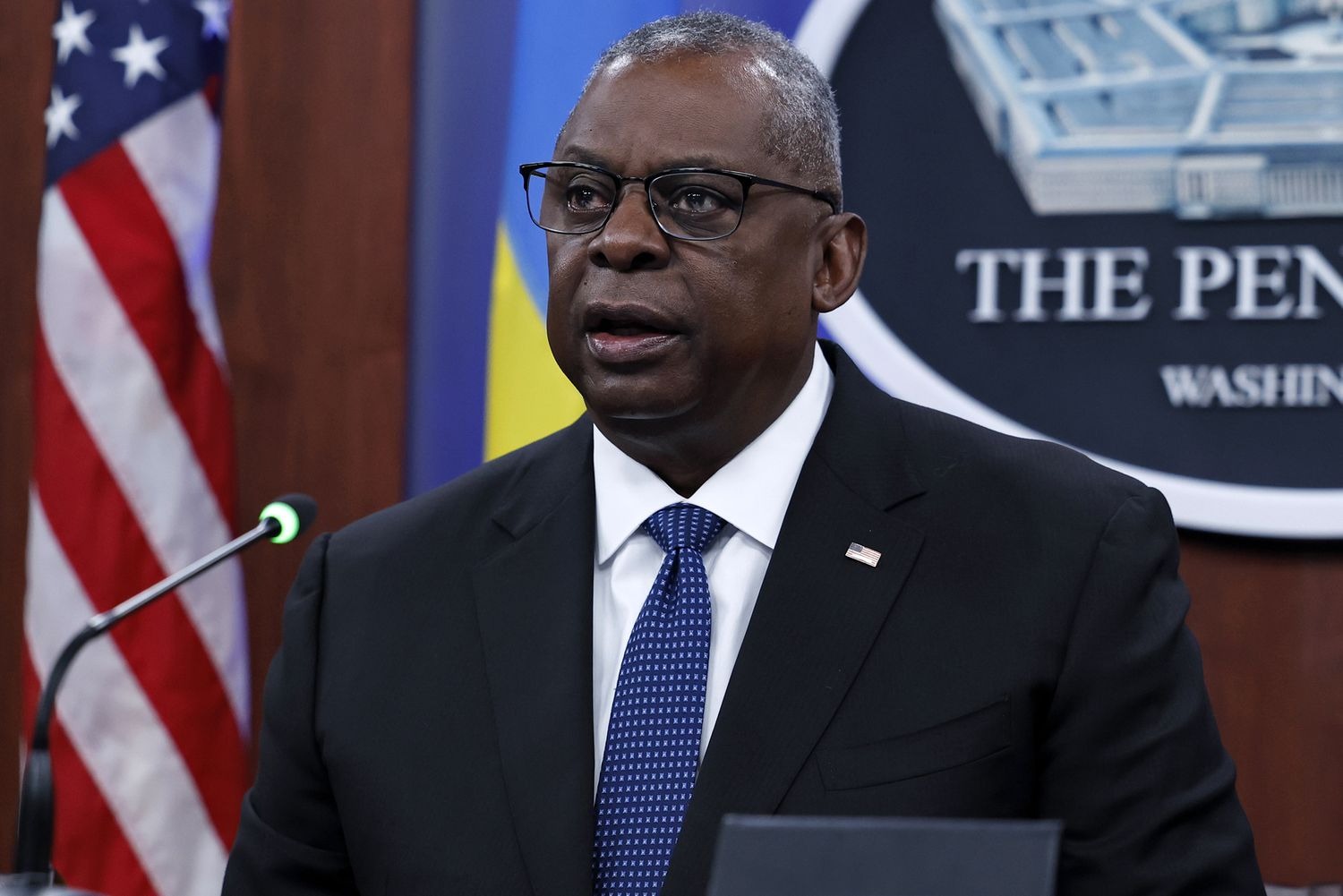The testimony given by Defense Secretary Lloyd Austin and Joint Chiefs Chairman Gen. CQ Brown Jr. on Tuesday shed light on the Pentagon’s proposed $850-billion budget for 2025, despite ongoing concerns regarding support for Israel and Ukraine. The hearing marked an opportunity for lawmakers to question the Pentagon’s leadership on the administration’s strategies for both countries.
The Pentagon’s budget for 2025 remains focused on long-term strategic goals, particularly readiness for potential conflicts with China. Approximately $100 billion of the budget is allocated for investments in space, nuclear weapons, and cyber warfare systems to ensure military capabilities keep pace with those of Beijing.
Lloyd Austin (Credits: Business Recorder)
However, challenges in Congress, fueled by divisions over Israel and Ukraine, have led to delays in passing last year’s defense budget. Protests interrupted Austin’s opening remarks, highlighting concerns about U.S. support for Israel. The Pentagon has allocated $300 million in ammunition for Ukraine but requires further congressional support to provide additional aid.
The situation in Ukraine is particularly urgent, with President Zelensky warning of the risk of losing the war to Russia without swift assistance from the U.S.
If Kyiv falls, it could have broader implications for NATO members in the region and potentially draw U.S. forces into a protracted conflict. Similarly, Israel’s actions in Gaza have raised tensions in the Middle East, posing risks to U.S. interests and troops in the region.
Efforts to provide humanitarian aid to Gaza are ongoing, with U.S. military ships en route to build a pier for aid distribution. However, questions remain about the safety of delivering food within the territory.
Lloyd Austin (Credits: CNN)
Meanwhile, domestic demands in Congress, including addressing immigration issues at the U.S.-Mexico border, have complicated efforts to secure additional funding for Ukraine. Some lawmakers have called for prioritizing domestic needs before allocating resources to foreign aid.
The strike on World Central Kitchen aid workers in Gaza has prompted calls for a reassessment of U.S. support for Israel, with concerns about civilian casualties and the humanitarian situation in the region. As half of Gaza’s population faces food insecurity, there are growing calls for Israel to ease restrictions on aid access.
